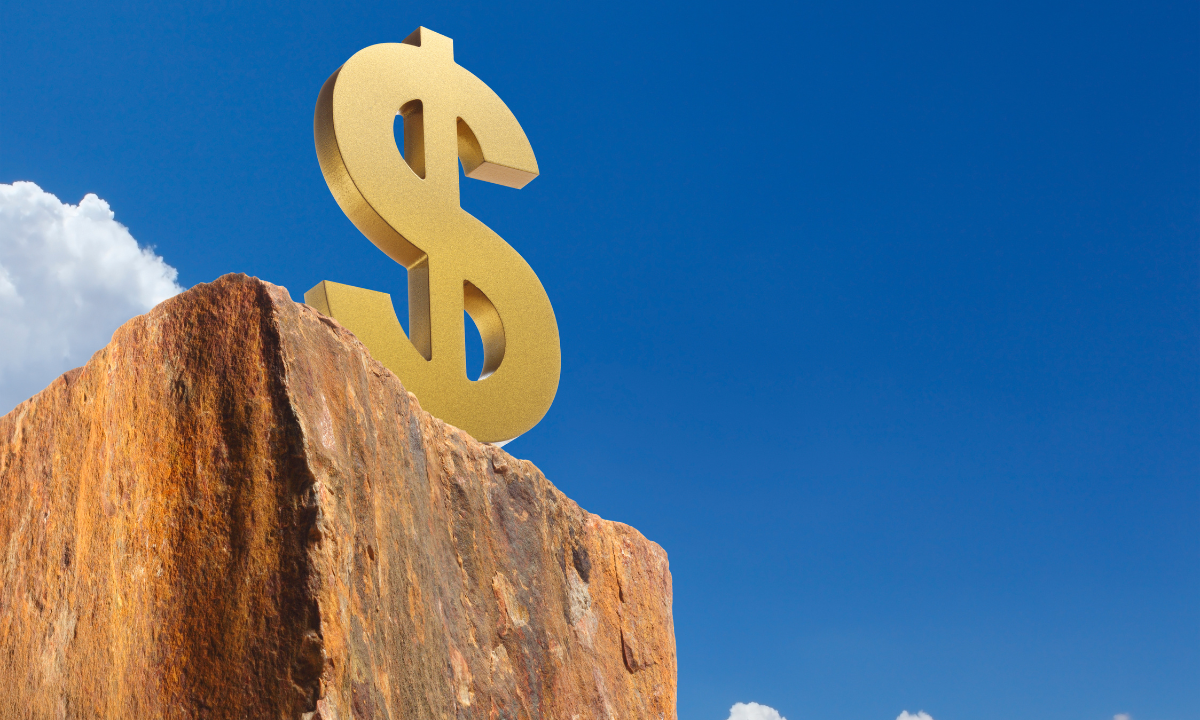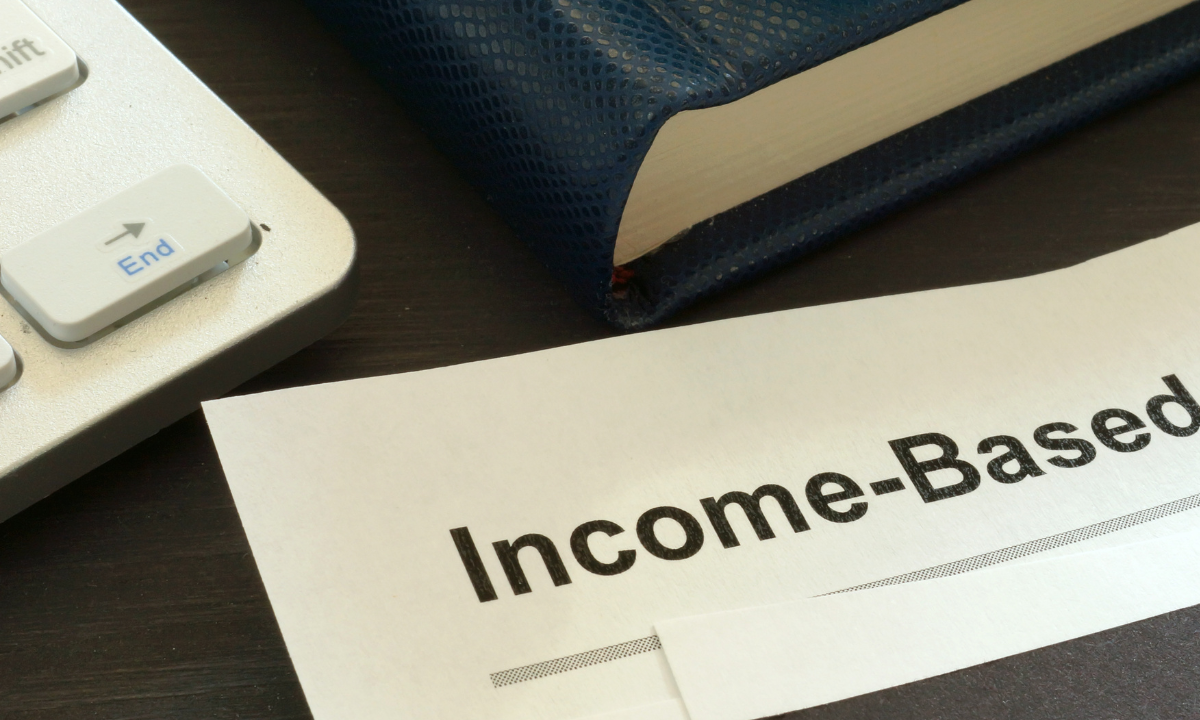Written by Nicholas Vetrisek
Throughout the COVID-19 pandemic, there has been much talk of price controls in response to the price markup of high value items such as face masks and hand sanitizer. If the government implements price controls, it will only make the crisis worse and prevent people from getting the supplies they need.
Price control sounds good in theory. When people attempt to raise prices in response to increased demand, keeping prices low would surely allow people to get all the items they need, right? Wrong. Forcing prices to remain low due to government action will only make things worse.
The first rule of economics is supply and demand—and that is what this idea fundamentally ignores. Due to the pandemic, demand for products such as face masks are at an all time high and as a result, prices must increase. Price increases would work if these essential products simply fell from the sky, but in reality, the producers are working from a position of scarcity the same way consumers are and the products must be profitable in order for them to continue making them.
If price controls were implemented, companies would have no reason to produce these products because they cannot sell them at a profitable margin and there would be massive shortages, much like during the initial phase of the pandemic.
A simple way to explain it is to imagine there was a $0.75 product marked up to $3. If that sounds absurd, then you must realize that the company making it is no longer dealing with $0.75 cent demand and as a result, drastic shortages will ensue if they do not raise their prices. Since prices were increased, they can now greatly increase the supply.
Furthermore, since products such as hand sanitizer and face masks are commoditized, which basically means that people don’t care what brand they are or which company they buy them from, companies will undercut each other to increase sales, naturally lowering prices.
In addition, the market already handles ridiculous prices. The reason you will never see a $1 bottle of water marked at $20 is because any company that pulls a stunt like that will have to deal with the wrath of their competitors, who will gladly take all of their sales. Such will always happen unless you could somehow get every single company to adopt the same insane price, but even then it only takes one company lowering its price to send the entire scheme crashing down.
The final reason why the government should not implement price controls is that companies already know that increasing prices will greatly hurt their sales. Aside from losing market share, companies know that raising prices angers consumers and makes them less likely to buy from them. In response to a professor from the University of Chicago, Don Boudreaux said about price controls:
“Prof. Thaler argued that firms that raise prices during emergencies anger consumers and, as a result, reduce consumers’ likelihood of doing business with these firms in the future. This argument is undoubtedly correct. Yet surely no one is more aware of this downside of “price gouging” — and more interested in avoiding it — than are merchants themselves. Therefore, if after a natural disaster we nevertheless witness significant price hikes, we must ask why the price-hiking merchants are knowingly risking their reputations with consumers. The obvious answer is that the natural disaster caused supplies of goods to fall so extremely that it pays merchants to raise prices even though doing so imperils these merchants’ good reputations.”
The market is responding to a massive increase in demand for products such as hand sanitizer and face masks, and the market should remain the respondent. Any government action attempting to mandate prices will cause major shortages in a pandemic that is already spreading like wildfire. The market has already done an excellent job responding to the crisis with companies mobilizing all of their resources to fight the pandemic. Please don’t screw it up, government.




